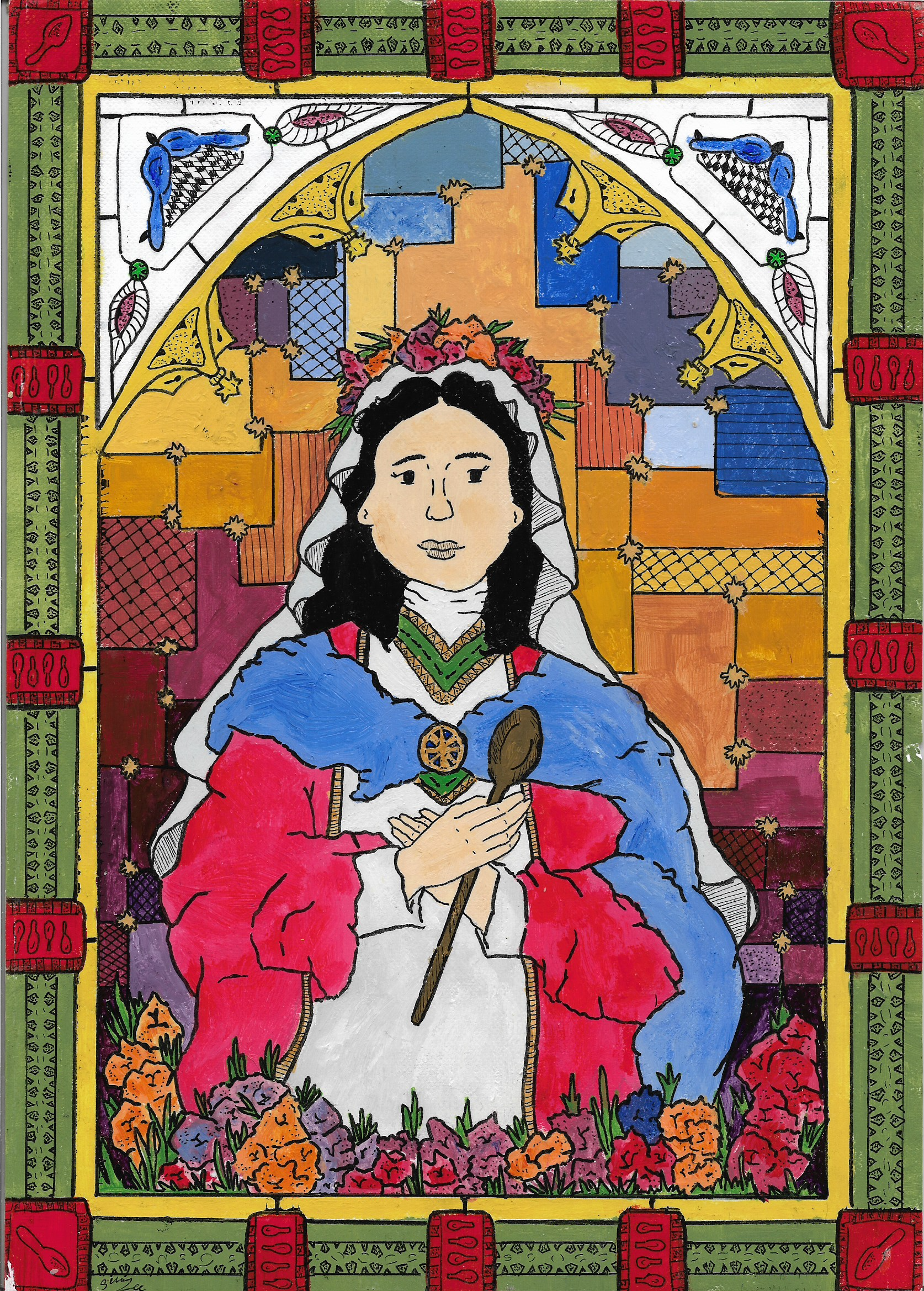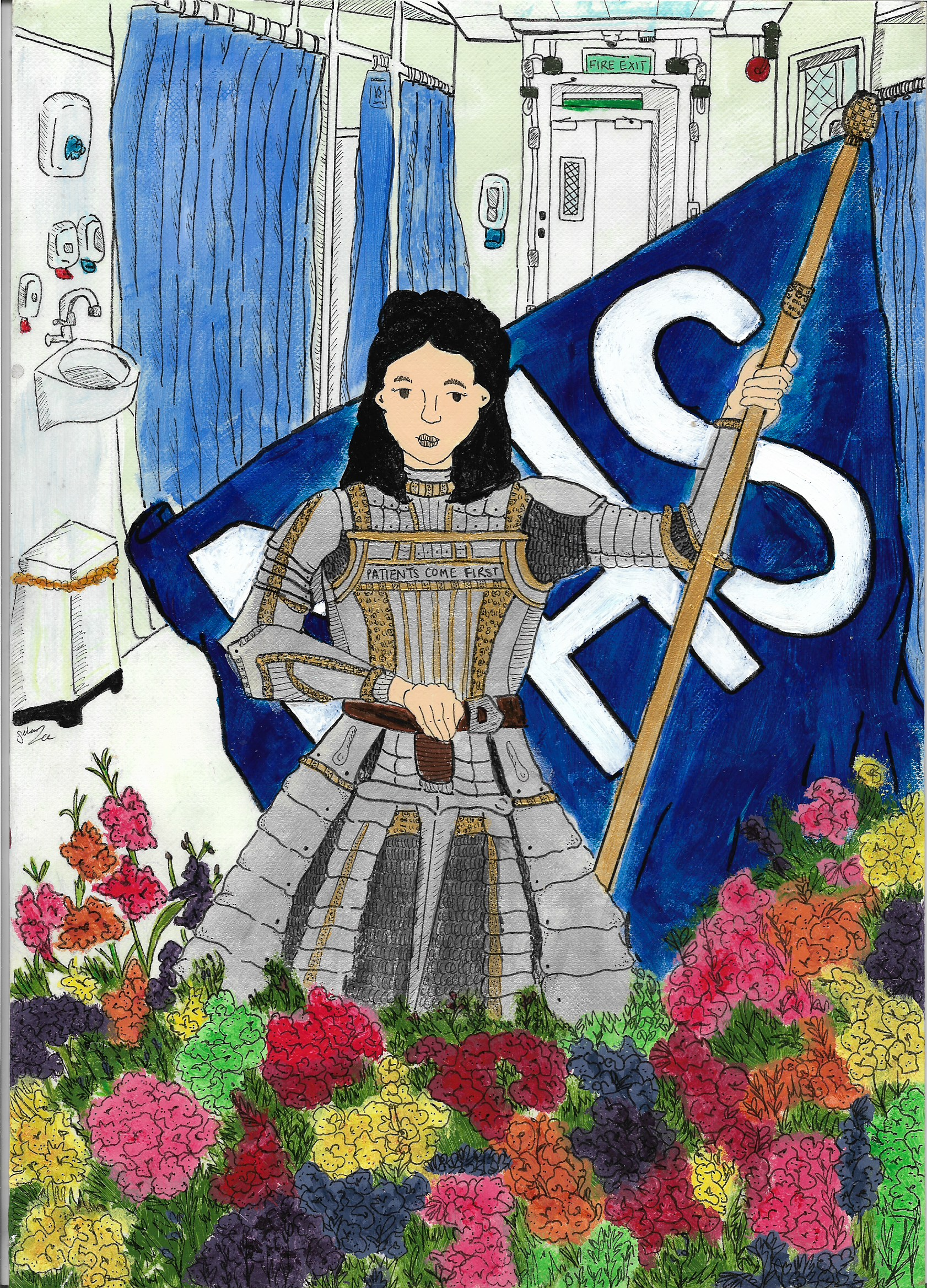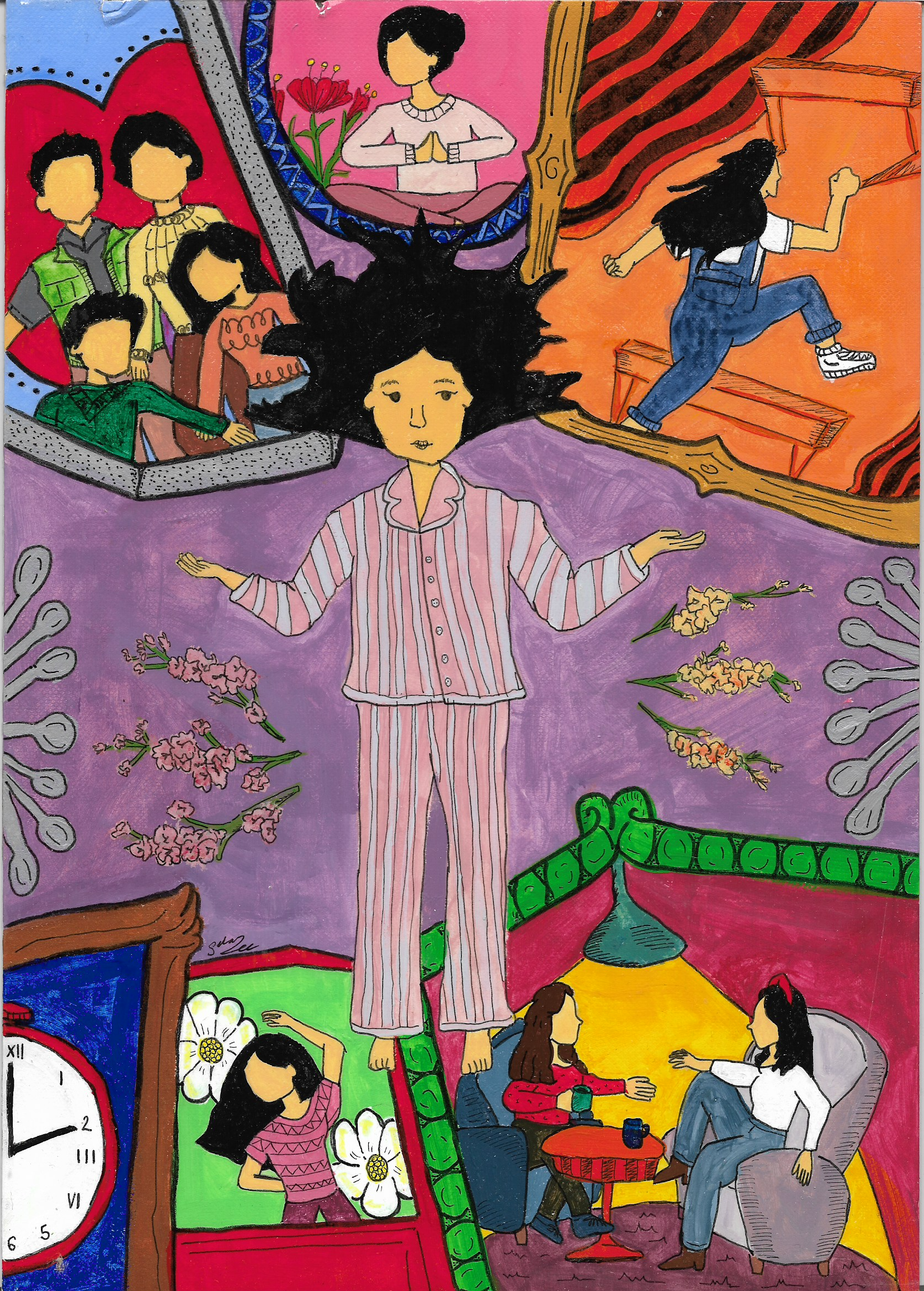The Never-Ending Cycle of IBD
By Selan Lee from the United Kingdom
Many things in life are cyclical: the seasons, fashion trends, and the moon’s phases. The one thing we all hope isn’t cyclical is illness. Who wants a never-ending cycle of health and disease? But for those who are chronically ill, it is an unfortunate truth that I previously thought I had accepted - until three months ago.
Three months ago, the symptoms that had started it all returned: frequent diarrhoea, bloating, gas and nausea. In retrospect, stress seems to be a determining factor in my cycle of Crohn’s. My first flare was during the final months of my A-levels - a set of exams that would determine my future according to my 18-year-old self. My second and current flare began two weeks before my graduation and coincided with the final interview for a job I desperately wanted to pass. Unfortunately, the consequences of the stress-inducing circumstances were also cyclical. I severely underperformed in my exams and panic-attacked my way to a re-sit the following year. I didn’t pass the interview and was faced with ending university without a stable job to move on to. Healthwise, like the first flare, I was admitted to the hospital soon after graduation.
Maybe because I had experienced five years of relative good health since my diagnosis, I thought I had accepted the chronic nature of Crohn’s. Despite becoming resistant to a few biologics - I went to university, sourced and worked in a consultancy for my placement year, attended my first concert, joined a panel for young adults with IBD and was able to socialise with friends and family without much concern. My brief period of normalcy had blinded me to the fact I hadn’t really accepted the cyclical nature of my condition, and to be honest, no one with IBD or a chronic illness does.
I remember when someone asked during a panel how people with IBD cope, and the members and I all said hope helped us to cope. Naively, I equated coping with accepting. That’s far from the truth. I can cope with my biologic no longer working as there will be another one. I can cope with waiting for the night shift doctor to prescribe paracetamol for my abdominal pain. I can cope with forgoing foods and situations that will worsen my IBD. But I can’t accept that this will happen again. Understanding and coping are one thing, and acceptance is another.
How can I accept that I will progress through life feeling alone because of my IBD? Like I am sitting on an ice floe floating past all of life’s possibilities. Maybe it is pessimism talking, but living with IBD can be akin to the myth of Sisyphus. Many of us will spend our lives pushing the boulder of IBD to remission - with some, like me, falling back to flare. But maybe, in the words of Albert Camus, I will achieve happiness in this absurd repetition and be satisfied regardless of the outcome. Then again, Captain Raymond Holt says, “Any French philosophy post-Rousseau is essentially a magazine.” [1] - so I will wallow in my pessimism for a while. I might be able to see the brighter perspective of Camus and Terry Jeffords once my new meds prove to be successful.
References
“Brooklyn Nine-Nine” Trying (TV Episode 2020) - IMDB. (n.d.). IMDb. https://www.imdb.com/title/tt10322288/characters/nm0187719
Featured photo by Frank Cone from Pexels.





